When new technology comes along, our kids are usually the first to try it. From social media to gaming to artificial intelligence (AI), children are growing up in a world where conversations with chatbots can feel as normal as texting a friend. But just because it feels natural doesn’t mean it’s always safe.
Recently, experts have started talking about something called “AI psychosis.” The term describes concerning situations where people become overly attached to AI companions — sometimes treating them like trusted confidants or romantic partners. While rare, these cases show why parents need to pay attention to how their children are using AI.
Why does this happen?
AI chatbots are designed to mirror human behavior. They’re good at keeping a conversation going and often sound like they truly understand us. For kids or teens who are lonely, anxious or struggling, that constant validation can feel comforting. Unfortunately, it can also make unhealthy thinking stronger.
Unlike a trained counselor or psychologist, AI tools don’t know when a child is spiraling into distress. They aren’t designed to recognize or respond to psychiatric decline. That means children may end up feeling “seen” in ways that reinforce their struggles rather than help them.
How to help children use AI safely
There’s no need to ban AI completely, but there are ways to guide safe and balanced use:
- Stay curious. Ask children what apps they’re using and what they like about them.
- Talk about limits. Remind kids that AI isn’t a friend or therapist. It’s a tool — and sometimes it gets things wrong.
- Notice changes. If a child seems overly focused on talking to a chatbot, especially at the expense of real-life relationships, check in right away.
- Offer safe outlets. Encourage activities and friendships that build real connection and confidence.
- Build digital literacy. Teach kids to think critically about what AI says, to question its accuracy and to understand its limits.
The bottom line: AI can be exciting and even helpful, but it isn’t a substitute for human relationships. With the right guidance, children can enjoy its benefits without falling into unhealthy patterns.
Resources for parents
For more guidance on supporting children in the digital age, explore these resources:
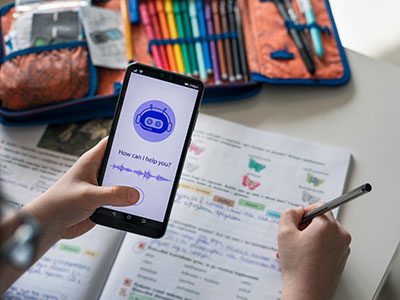 https://riseandshine.childrensnational.org/wp-content/uploads/2025/10/using-AI-for-homework-feature.jpg
300
400
webteam
https://riseandshine.childrensnational.org/wp-content/uploads/2017/11/childrens_riseandshine_logo.jpg
webteam2025-10-02 13:04:372025-12-10 13:12:48Helping kids navigate AI safely
https://riseandshine.childrensnational.org/wp-content/uploads/2025/10/using-AI-for-homework-feature.jpg
300
400
webteam
https://riseandshine.childrensnational.org/wp-content/uploads/2017/11/childrens_riseandshine_logo.jpg
webteam2025-10-02 13:04:372025-12-10 13:12:48Helping kids navigate AI safely



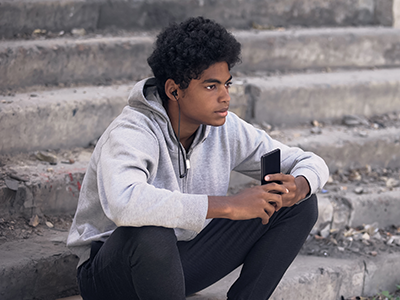

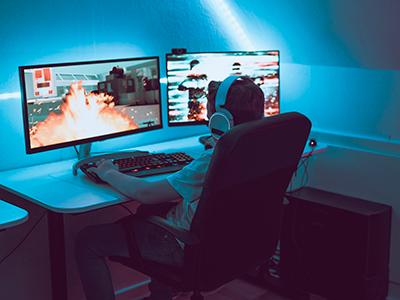
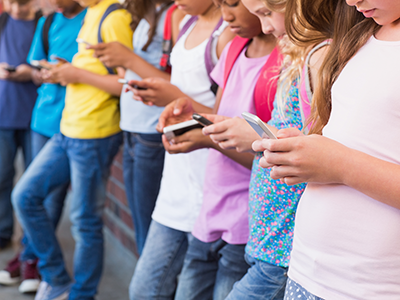




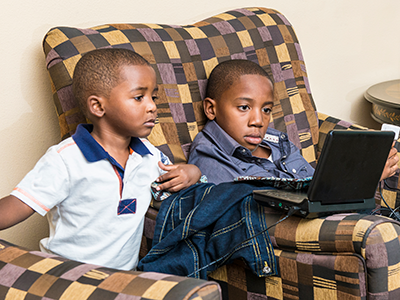



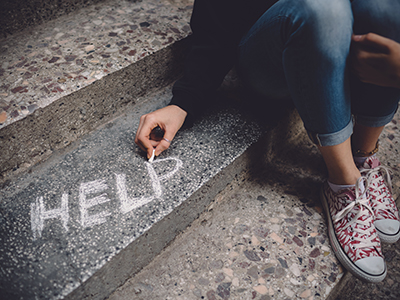



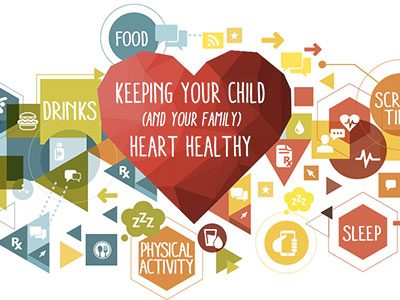

Leave a Comment
Want to join the discussion?Feel free to contribute!